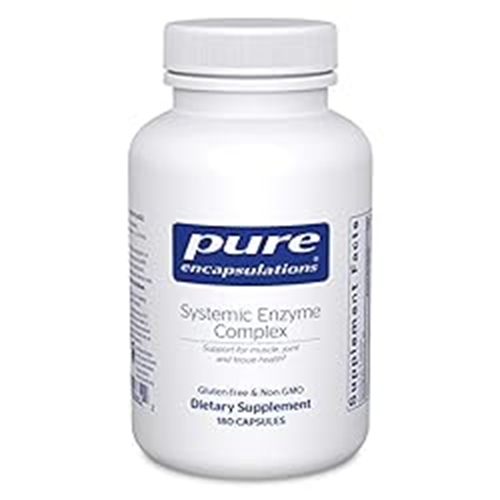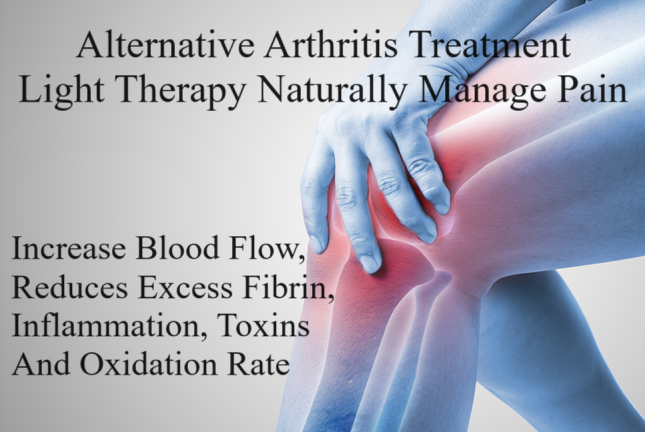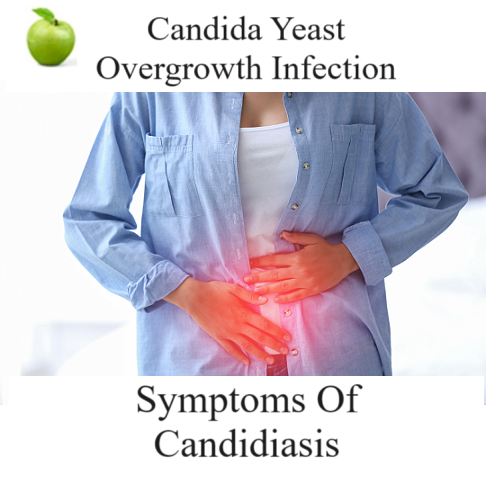We include products we think are useful for our readers. However, when you buy something through our retail links, we may earn an affiliate commission.
Reducing Inflammation And Excess Fibrin With Systemic
Proteolytic Enzymes
Reducing inflammation and excess
fibrin naturally with anti inflammatory systemic
proteolytic enzymes.
How Proteolytic Enzymes Play A Vital Role In Our Overall Health
So do how these enzymes play a vital role in our overall health, vitality and the anti aging process?
Enzymes are our body’s first line of defense against inflammation, illness and aging.
They feed and fortify our entire body supporting wellness, reducing inflammation and help slow down the aging process; keeping us younger longer.
Systemic Proteolytic
Enzymes dissolves excess
fibrin that forms scar tissue, adhesion's, and growths that create
inflammation and slow down the circulatory system. The circulatory system is responsible for expelling waste products through the kidneys, but also the large intestine, liver, skin, and lungs. These organs make up the excretory system.
Around age 27 these enzymes start depleting drastically.
Wounds leave bigger scars, inflammation is more prevalent and conditions like uterine fibroids, fibrocystic breasts, and the hardening and shrinking and decreased function of aging organs including the heart are the results of an accumulation of excess fibrin in our bodies system.
Enzymes Are Our Bodies
First Defense Response
Against Inflammation
There are thousands of enzymes that play a crucial and vital role in keeping our bodies functioning and in optimal health from breathing to sleeping and everything in between.
The main focus in this article is the importance of systemic proteolytic enzymes and their role in reducing inflammation and dissolving excess fibrin and how they support anti aging.
Systemic proteolytic enzymes, also called metabolic enzymes works inside the circulatory system and have a completely different purpose than digestive proteolytic enzymes. This is why they are called systemic, once they enter the circulatory system, they circulate throughout the body.
Inflammation And The Link To Excess Fibrin
Excess fibrin is responsible for the web of scar tissue in the
blood vessels that forms the matrix for arterial plaque to be laid down and can
also form in the kidneys, and in the brain causing poor brain function and
senility.
Similarly, the inflammation, pain and the suffering associated with fibromyalgia, osteoarthritis, or any inflammatory disease, and even the aging process is caused by an overgrowth of fibrin in the muscles, commonly known as fibrosis.
How Does Systemic Proteolytic Enzymes
Work In Reducing Inflammation?
The most important thing that systemic proteolytic enzymes do is to break down and dissolve excess fibrin in your circulatory system and in other connective tissue, such as your muscles.
These enzymes bring nutrients and oxygen-rich blood that remove the metabolic waste produced by inflammation and excess fibrin; the natural anti inflammatory process of reducing inflammation.
When you are injured or have surgery the body uses fibrin to help it heal. This is normal and healthy, but with poor blood flow and depleted enzyme activity the fibrin starts to accumulate.
And This Excess Fibrin Causes
Physical Restrictions Of Blood Flow
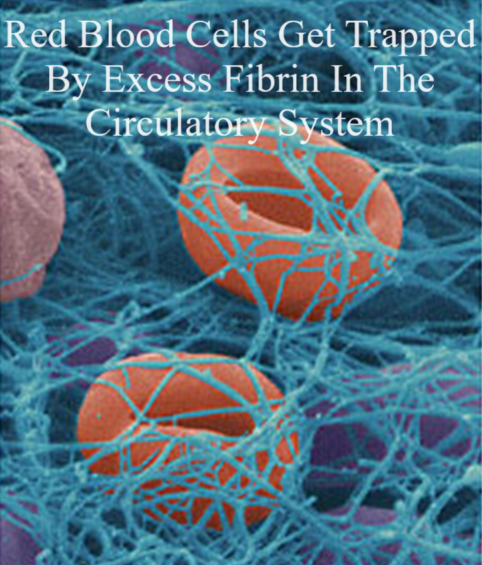
The red blood cells get caught in this web and ultimately cannot get into the capillaries to oxygenate and nourish your muscles and remove the metabolic waste that causes inflammation and pain.
Once this happens, your acute condition and inflammation becomes chronic and the heart is forced to work harder increasing your blood pressure.
Our bodies will do what’s needed to keep us alive; sometimes at a great cost to our overall health. Possible indicators of excess fibrin in your system include chronic fatigue, slow healing, inflammation and pain, and elevated blood pressure.
The Dangers of Excess Fibrin
The medical community has long known that too much fibrin presents a cardiac and stroke risk and have finally acknowledged a link between excess fibrin and chronic systemic inflammation, the true root cause of virtually every disease and painful condition known to man.
This is why it is so important to reduce inflammation
that you may not even know you have!
Below is a short list of the many different conditions that may be addressed with systemic proteolytic enzymes.
If you are still wondering how one little substance can support all of these conditions, remember that they all have one thing in common; excess fibrin causes systemic inflammation causing a reduction in blood flow and elimination of the metabolic waste.
|
|
Pain Killer Or A Healing Enzyme?
Pain killers do not help heal the body they only reduce pain while your body is in the healing process. On the other hand, systemic proteolytic enzymes support the bodies own healing process for a quicker recovery, reducing inflammation and symptoms of a chronic condition.
By using these enzymes as part of a well-planned recovery process, reducing inflammation or maintaining a more youthful state you're making a commitment to doing what it takes to make improvements in your life and overall health and well-being.
The Best Enzymes for Inflammation
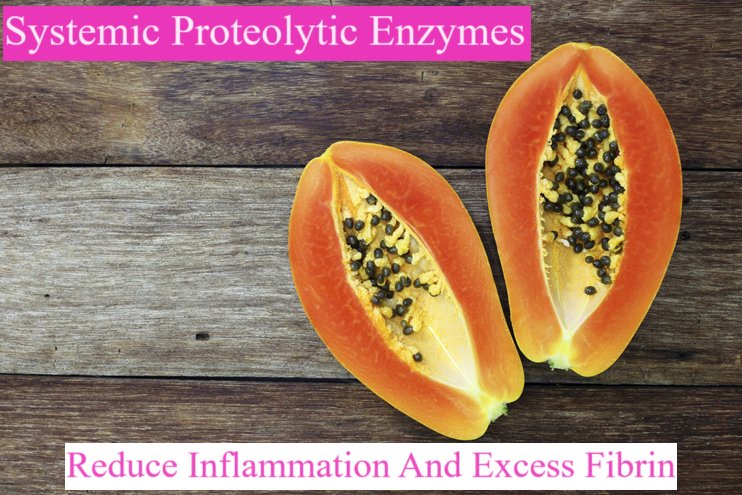
Now that you know how important proteolytic enzymes are in helping the body more efficiently respond to inflammation, let’s take a look at some of the best enzymes for the job.
- Serrapeptase: Serrapeptase, derived from the Serratia bacteria, supports the body’s healthy response to inflammation. This powerful systemic enzyme may help thin fluids that contribute to the body’s inflammatory response.
- Protease: The proteolytic enzyme protease not only helps the body break down proteins and peptides, more importantly, it aids in normalizing inflammatory response. This enzyme also helps provide support during muscle recovery.
- Bromelain: As previously mentioned, bromelain is used to help control inflammation and swelling. This proteolytic enzyme is an extract from the stem of pineapple and is commonly included in both systemic and digestive enzyme blends.
- Papain: This enzyme, extracted from the papaya plant, is thought to stop triggers of the inflammatory response and is used to treat inflammation and swelling.
Are There Clinical Studies And History
On The Use Of Proeolytic
Enzymes?
Yes, there are many clinical studies that have been done on proteolytic enzymes; you can check it out at NIH, National Institutes of Health website. These enzymes have also been used in Europe for more than 50 years. And in Japan, some proteolytic enzymes are classified as prescription drugs.
Should You Choose To Try Systemic Proteolytic Enzymes?
If you do decide to try enzymes, never buy an enzyme that has "Proprietary Enzyme Blend" on the label.
"Proprietary Enzyme Blend" is a shady way of not telling you how much enzyme is in the product.
If working toward optimal health is your goal and you
think that your life and your body would benefit from having less fibrin,
reduced inflammation and better blood flow, you may want to consider systemic
enzymes.
Read More
Recent Articles
-
Guide To Botanical Facial Oils And Harnessing Their Anti-Aging Powers.
Feb 07, 24 06:48 PM
A complete guide to botanical facial oils that takes the guesswork out of these magical elixirs, and the powerful benefits that plant oils have to offer your skin. -
Is Exfoliating Your Skin Important? The answer is yes! Especially if..
Dec 29, 23 11:29 PM
Exfoliating your skin is important to help determine how radiant, healthy and younger looking our skin will feel and look so, exfoliating it is an important step in our skincare routine.. -
Healthy Water, What Is The Best Healthiest Drinking Water?
Dec 29, 23 01:11 PM
Healthy water keeps our cells regenerated, replenished and plump giving them the energy to rebuild and function properly. You want to give your body the best possible water available, right?

